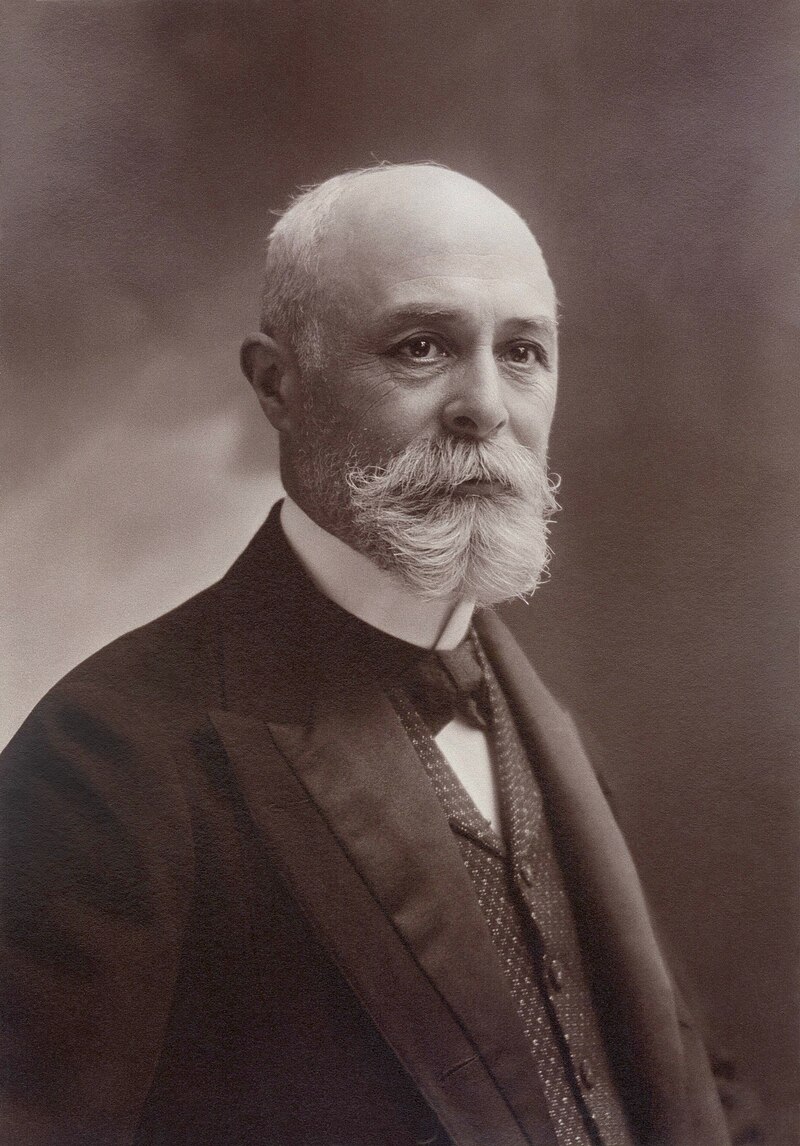
Henri Becquerel
Henri Becquerel was a French physicist best known for his discovery of natural radioactivity in 1896, a groundbreaking phenomenon that established the foundation for modern nuclear physics. His work involved studying the fluorescence of uranium salts, leading to the realization that these substances emitted radiation spontaneously. Becquerel was awarded the Nobel Prize in Physics in 1903, sharing the honor with Marie and Pierre Curie, for their collective contributions to the field of radioactivity.
Born on Sep 15, 1852 (173 years old)
Global Media Ratings
Countries Mentioned
| Country | Mentions | Sentiment | Dominance | + Persistence | x Population | = Reach | x GDP (millions) | = Power |
|---|---|---|---|---|---|---|---|---|
| Norway | 1 | 8.00 | 0.10% | +0% | 5,421,241 | 5,258 | $403,000 | 391$ |
| Totals | 1 | 5,421,241 | 5,258 | $403,000 | 391$ |
Interactive World Map
Each country's color is based on "Mentions" from the table above.
Recent Mentions
 Norway:
Henri Becquerel won the Nobel Prize in Physics in 1903.
8
Norway:
Henri Becquerel won the Nobel Prize in Physics in 1903.
8
 Russia:
Henri Becquerel was awarded the Nobel Prize in Physics in 1903 for his discovery of radioactivity.
9
Russia:
Henri Becquerel was awarded the Nobel Prize in Physics in 1903 for his discovery of radioactivity.
9
 Panama:
Henri Becquerel was a French scientist who discovered radioactivity, which inspired Marie Curie's research.
9
Panama:
Henri Becquerel was a French scientist who discovered radioactivity, which inspired Marie Curie's research.
9
 Greece:
Henri Becquerel discovered radioactivity, which inspired the Curies' research.
9
Greece:
Henri Becquerel discovered radioactivity, which inspired the Curies' research.
9
 India:
Henri Becquerel's discovery of uranium salts emitting invisible rays laid the groundwork for Marie Curie's research on radioactivity.
9
India:
Henri Becquerel's discovery of uranium salts emitting invisible rays laid the groundwork for Marie Curie's research on radioactivity.
9
 Dominican Republic:
Henri Becquerel discovered natural radioactivity 129 years ago.
9
Dominican Republic:
Henri Becquerel discovered natural radioactivity 129 years ago.
9
